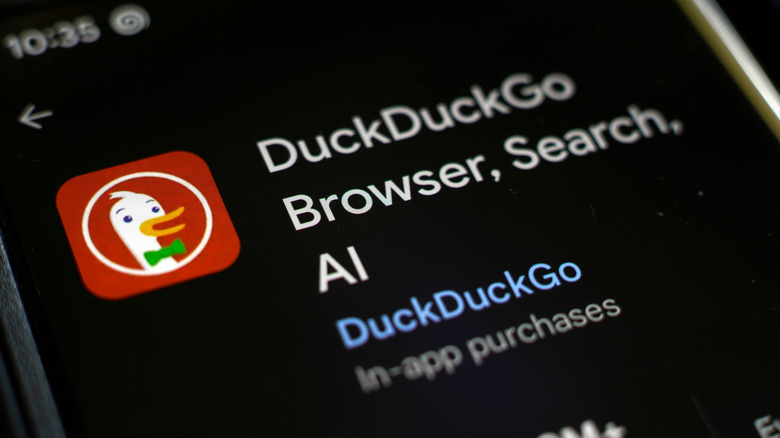Generative AI products like ChatGPT and Gemini can produce incredible lifelike photos and videos with incredible ease. Plenty of other AI chatbots and startups have similarly advanced image and video generation capabilities, and the industry is advancing rapidly, as evidenced by the ChatGPT 4o image generation model that went viral earlier this year. A simple text prompt was enough to produce amazing visuals, including deepfakes and AI images that used the Studio Ghibli animation styles to turn everything into anime. Gemini, Midjourney, and Adobe Firefly can produce similar results, as can Higgsfield Soul – the latest AI image and video generation tool to go viral. When it comes to video, Google’s Veo 3 model is a clear winner, but similar tools exist from other AI firms, such as Runway and Higgsfield.
The AI content generated with such products ends up on the web one way or another. Social media is one place to find AI images and videos that go viral. But AI images and videos are starting to pop up everywhere. Most frighteningly, you don’t always know they were made with AI. That’s where a brand new web search feature from DuckDuckGo comes in handy, one that every other search engine should copy: DuckDuckGo will let you filter out AI images when using its search engine.
As TechCrunch points out, DuckDuckGo’s “baby peacock” example that it shared on social media is a subtle dig at Google Search. The feature is live in DuckDuckGo already. I was already able to replicate the image search for baby peacocks as seen below. That’s a great tool to have on hand to find real images as it becomes harder and harder to avoid AI-generated content.
How to hide AI images
The problem with most AI-generated images and videos is that they lack visible watermarks. Most have meta watermarks embedded in the file, but not everyone checks for those. Therefore, whenever performing an online search for images or video, you risk running into AI-generated content. Often, you might not be able to tell real images from AI creations, that’s how good generative AI has become.
That’s why DuckDuckGo’s initiative is laudable. DuckDuckGo became my go-to online search engine years ago, thanks to its privacy-first features. While I have since transitioned to a search experience that involves using AI, I still rely on DuckDuckGo for daily online searches. The ability to filter AI images from web results is another reason why DuckDuckGo stands out.
The process is very simple. Just visit DuckDuckGo, perform a regular online search, tap the “Images” menu, and look for “AI images.” You’ll want to tap the “Hide” option that appears in the dropdown menu to remove AI images from search results. You can also unhide AI images just as easily if you decide you want them back. Unfortunately, the feature won’t remove all AI images from your search results. It will only filter out results that match manually curated open-source blocklists. That includes a “nuclear” list from the uBlockOrigin and uBlacklist Huge AI Blocklist.
DuckDuckGo admits on X that its filter won’t catch “100% of AI-generated results, [but] it will greatly reduce the number of AI-generated images you see.” It’s also something Google, Microsoft, and everyone else involved in internet search should copy.

